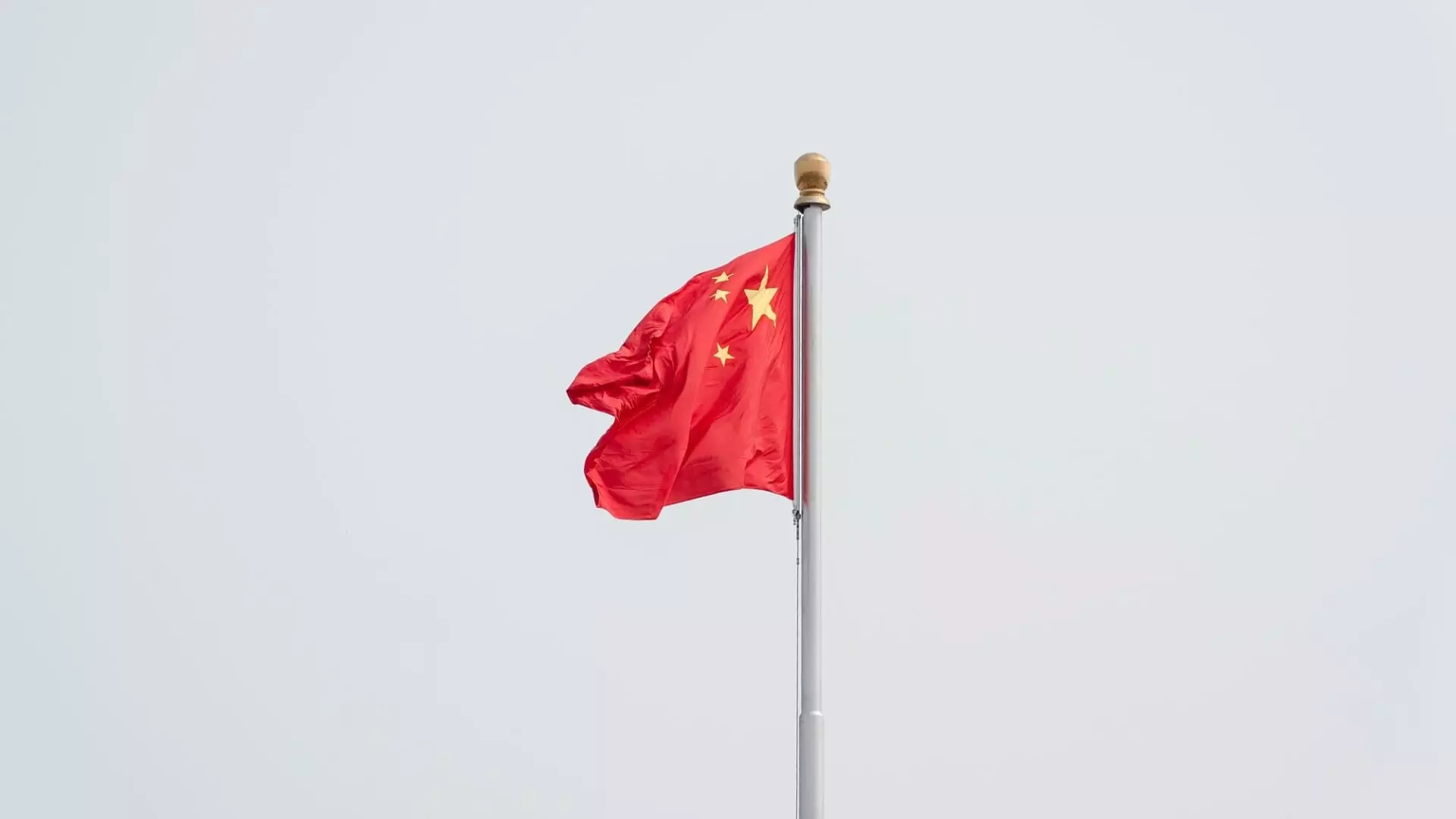China’s upcoming Third Plenum is expected to address a multitude of economic challenges facing the country. While the real estate sector’s issues loom large, analysts predict that the focus of the meeting will shift towards areas such as high local government debt levels and the promotion of advanced manufacturing. This critical policy meeting, set to take place over four days, will bring together top members of the ruling Communist Party of China to discuss key structural reforms.
The delayed Third Plenum is anticipated to prioritize fiscal reform and other structural policies in response to the current fiscal system’s reliance on land sales. Analysts like Larry Hu emphasize the need for Beijing to find sustainable revenue sources for local governments, steering away from over-reliance on land sales. The emphasis on innovation, particularly in advanced manufacturing and high-tech sectors, is expected to be a key focus of the meeting.
Experts like Dan Wang highlight the importance of financial reform, particularly in the banking sector, to address local government finances and hidden debt issues. Despite the property sector’s woes, the focus of the plenum is likely to steer towards broader economic restructuring, including the imposition of direct taxes to support sustainable revenue sources for local governments.
The tightening of regulations in the financial and real estate industries has had a significant impact on the Chinese economy. Analysts from Goldman Sachs note a decline in average wages at brokerages and public sector pay cuts, contributing to a decrease in urban wage growth. Furthermore, China’s plans to limit the financial industry’s salaries could have far-reaching consequences for the sector.
Beijing’s official announcement of the Third Plenum underscores the country’s commitment to deepening reform and advancing Chinese modernization. The goal of building a high-standard socialist market economy by 2035 aims to elevate China’s economic status to that of moderately developed countries. However, achieving these goals in the aftermath of the Covid-19 pandemic and amidst rising geopolitical tensions poses significant challenges.
The issue of income inequality in China is compounded by perceived unequal opportunities, as highlighted by recent surveys. People across income brackets are increasingly concerned about their economic prospects, reflecting broader anxieties about inequality and fairness in the current economic landscape. The slowing economy exacerbates these concerns, pointing towards a need for comprehensive reforms to address socio-economic disparities.
China’s economic landscape is marred by a complex web of challenges that require strategic and sustainable solutions. The upcoming Third Plenum presents a crucial opportunity for policymakers to navigate these issues and steer the country towards a path of stable and inclusive growth. By addressing key areas such as fiscal reform, advanced manufacturing, and financial sector regulations, China can pave the way for a more resilient and dynamic economy in the years to come.

